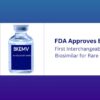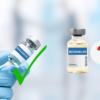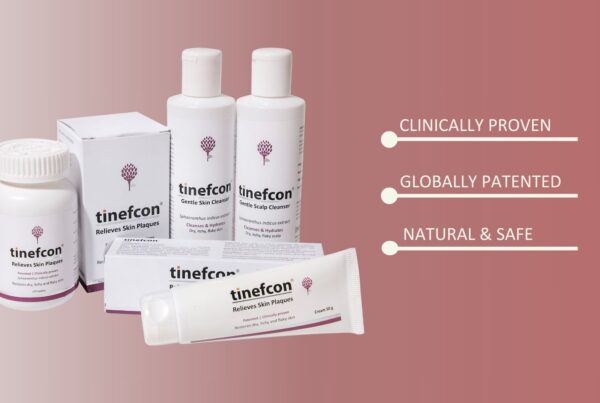The U.S. Food and Drug Administration (FDA) has approved Bkemv (eculizumab-aeeb) as the first interchangeable biosimilar to Soliris (eculizumab). This landmark approval represents a major advancement in treating certain rare diseases, broadening the range of options available to patients in need.
This blog provides comprehensive information about the FDA’s approval of Bkemv, the first interchangeable biosimilar to Soliris, highlighting its significance, safety, and impact on the treatment of rare diseases.
Approved Treatment Indications
Bkemv is approved for the same treatment indications as Soliris, including:
- The treatment of patients with paroxysmal nocturnal hemoglobinuria (PNH) to reduce hemolysis.
- The treatment of patients with atypical hemolytic uremic syndrome (aHUS) to inhibit complement-mediated thrombotic microangiopathy.
Significance of the Approval
“Many rare conditions are life-threatening, and many do not have treatments,” said Sarah Yim, director of the Office of Therapeutic Biologics and Biosimilars in the FDA’s Center for Drug Evaluation and Research. “The FDA is dedicated to advancing the development of safe and effective interchangeable biosimilar treatments to increase access for individuals with rare diseases who have limited treatment options.”
Understanding Rare Diseases: PNH and aHUS
A disease is considered rare if it affects fewer than 200,000 individuals in the U.S. Paroxysmal Nocturnal Hemoglobinuria (PNH) and Atypical Hemolytic Uremic Syndrome (aHUS) are such rare diseases, both involving the destruction of red blood cells. PNH can cause anemia, blood clots, pancytopenia, and dark urine. In contrast, aHUS leads to anemia, low platelet count, and kidney failure.
How Bkemv Works?
Bkemv is a monoclonal antibody that specifically targets the complement C5 protein, thereby inhibiting the activation of the complement system. This mechanism prevents the breakdown of red blood cells in patients with Paroxysmal Nocturnal Hemoglobinuria (PNH) and Atypical Hemolytic Uremic Syndrome (aHUS), effectively reducing hemolysis and alleviating associated symptoms.
Safety and Adverse Reactions
Like Soliris, Bkemv comes with a Boxed Warning due to the increased risk of serious and life-threatening meningococcal infections. Patients must complete meningococcal vaccination before starting treatment with Bkemv or Soliris and should be closely monitored for early signs of disease.
The adverse reactions reported for Bkemv mirror those observed with Soliris:
- In PNH trials: common adverse effects include headache, nasopharyngitis, back pain, and nausea.
- In aHUS trials: frequently reported adverse reactions are headache, diarrhea, hypertension, upper respiratory infection, abdominal pain, vomiting, nasopharyngitis, anemia, cough, swelling of the lower legs or hands, nausea, urinary tract infections, and fever.
Access and Availability
Bkemv is available through a restricted program called the Bkemv Risk Evaluation and Mitigation Strategy (REMS). This program ensures that the benefits of Bkemv outweigh its risks by implementing specific safety measures.
Impact of Approval
Bkemv is the 53rd approved biosimilar in the U.S. and the 13th approved as an interchangeable biosimilar. Depending on state pharmacy laws, an interchangeable biosimilar can be substituted for the reference product without consulting the prescriber.
FDA’s Commitment
The FDA’s approval of biosimilar and interchangeable biosimilar products supports a competitive marketplace for biological products and increases patient access to more affordable treatment options. The rigorous standards set by the FDA ensure that patients and healthcare providers can trust the safety and effectiveness of biosimilars and interchangeable biosimilars, just as they do with reference products.
Conclusion
The FDA granted the approval of Bkemv to Amgen Inc., marking a significant advancement in the treatment options available for patients with rare diseases like PNH and aHUS. This approval underscores the FDA’s dedication to facilitating the development of innovative treatments that provide broader access to essential therapies.
Reference:
Written By
Aswini PriyaMedical Content Writer
Reviewed By
Dr. AnchalMedico Expert
Last Updated
03 June 2024 | 08:00 AM (IST)










